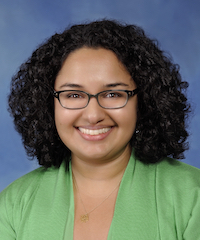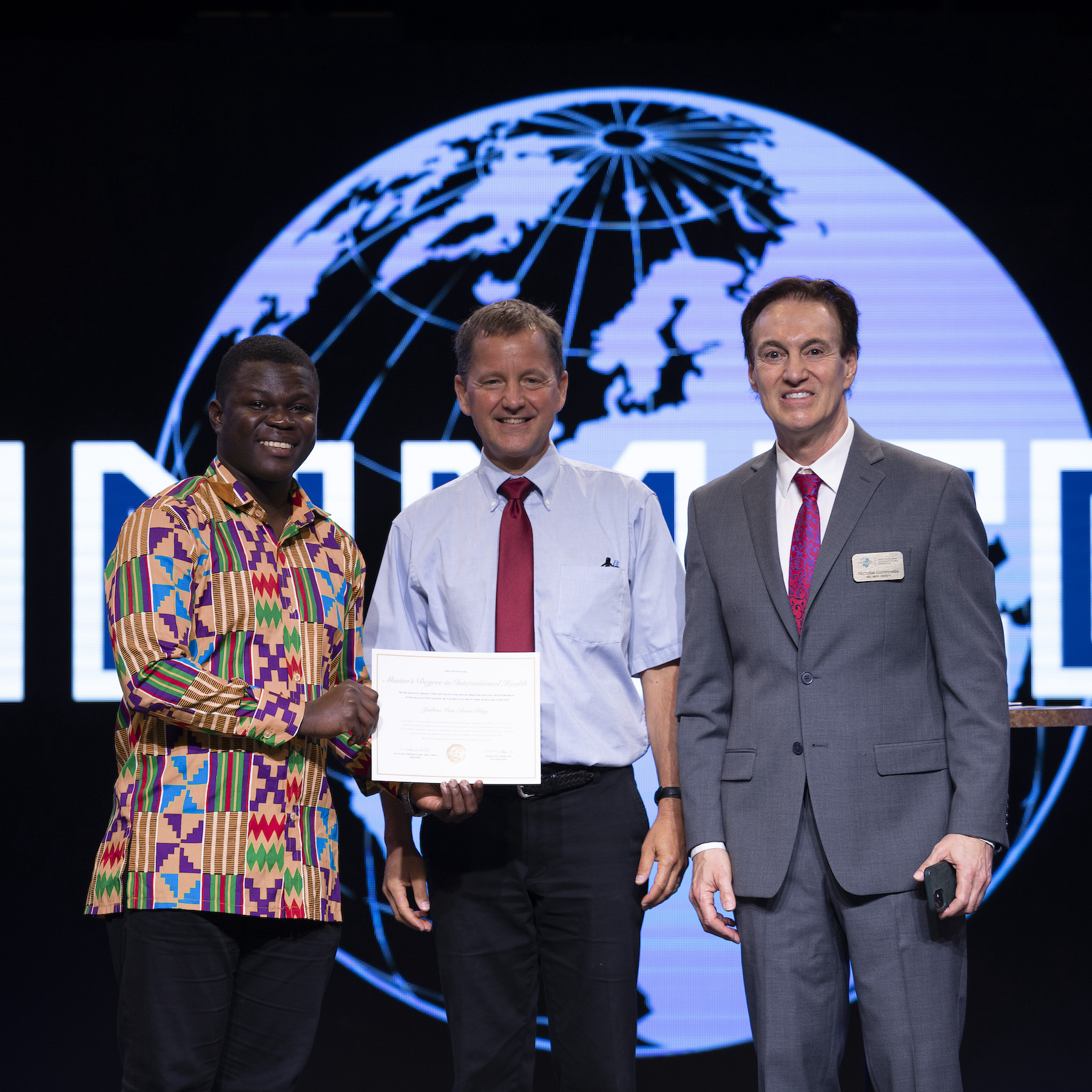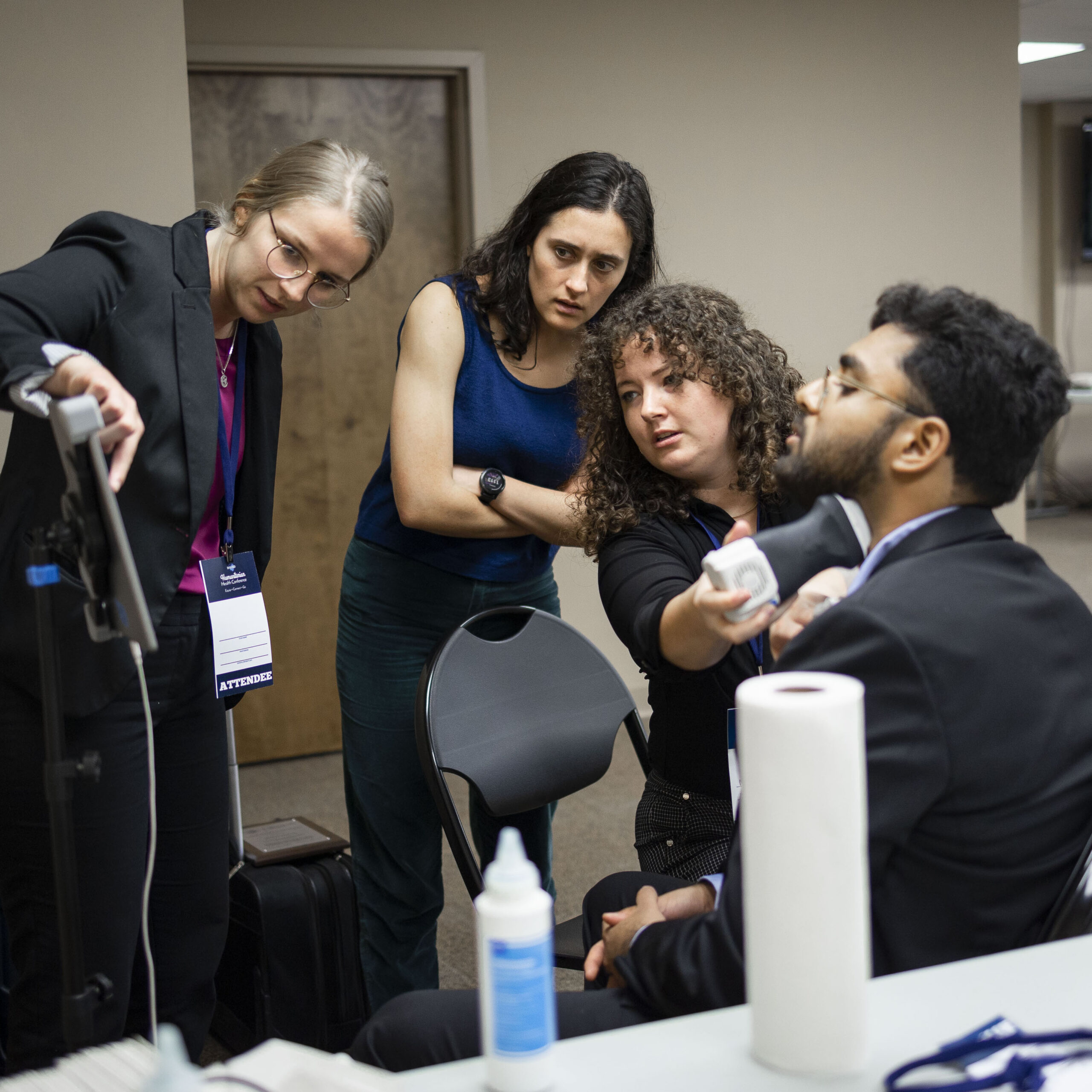Arthi Chawla
INMED Blog

Hello! My name is Arthi Chawla. I am a family medicine resident physician at University of Pittsburgh Medical Center, and I’m starting my INMED service-learning in September 2016.
- Clinica Esperanza
- Honduras
- Graduate Diploma in International Medicine & Public Health
Blog Posts
Reverse Culture Shock
Reverse Culture Shock: I’ve been home for 5 days. And I feel like I am getting back to normal, or whatever […]
Continue ReadingThe People
Hondurans: Overall, the Honduran people I have met, and have taken care of, are very nice and welcoming. I have not […]
Continue ReadingPatients
I am working with Dr. R this week, who is the clinic pediatrician. He speaks minimal English, therefore I have […]
Continue ReadingMr. D
I want to share a story from today. There once was a patient that I will refer to as “D.” […]
Continue ReadingFirst day!
First day! After a brief orientation, I started working by shadowing one of the staff doctors, Dr. Ashley. We saw […]
Continue ReadingI Made It!
I’m finally here! After so many months of planning, it’s strange to think that it has finally come. I’m in […]
Continue ReadingIntroducing Myself
Hello! My name is Arthi Chawla. I am a family medicine resident physician at University of Pittsburgh Medical Center, and […]
Continue Reading


